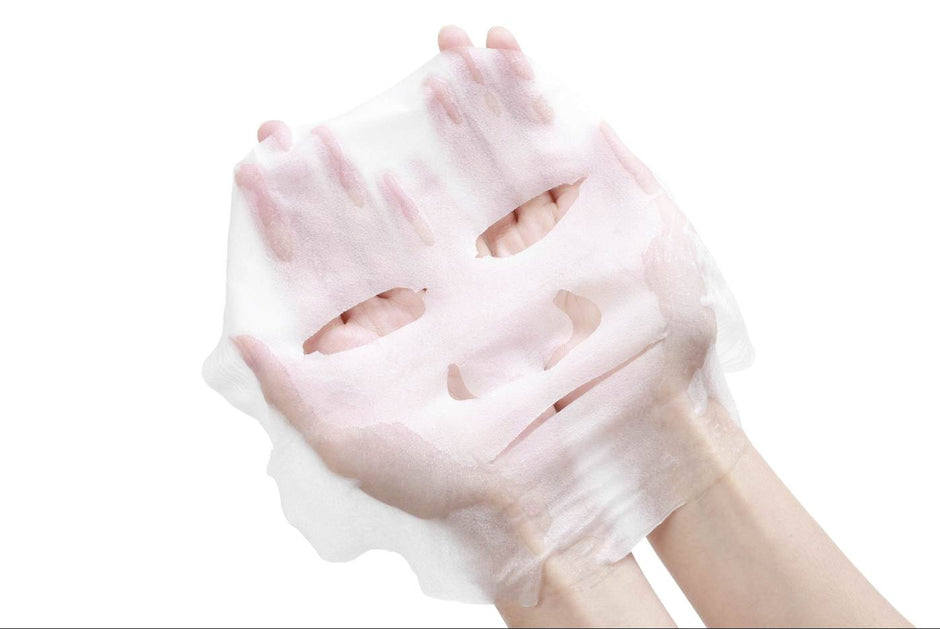By Liane Scior
Director of Education
What Are the Skin Barrier and Skin Microbiome?
The skin barrier is like a shield. It locks moisture in and blocks out germs and harmful chemicals. But your skin isn’t just a dry wall, it’s actually home to millions of friendly bacteria, fungi, and even viruses. This is what we refer to as the skin’s microbiome.
Recent studies show these friendly microbes do more than just live on your skin, they help keep your skin healthy and repair itself, especially after damage.
More on the Recent Research?
1. Boosting the Microbiome Helps the Barrier
According to recent studies, using the right moisturiser not only helps restore the skin barrier, but it also helps maintain a balance of healthy microbes, especially important for people with sensitive or eczema-prone skin. A recent study found that a moisturising lotion containing beneficial bacteria helped people with mild eczema heal faster and brought back good bacteria on their skin. The addition of the beneficial bacteria helped suppress Staphylococcus aureus often present in eczema.

2. How Friendly Microbes Help Repair Skin
Some friendly bacteria (like Staphylococcus epidermidis) help our skin make ceramides, these are fats that keep the barrier strong and help the skin hold onto water. It helps our skin make ceramides by releasing an enzyme called sphingomyelinase. This enzyme breaks down sphingomyelin (a lipid found in skin cells) to generate ceramides, which are vital fats that make up the skin barrier and help prevent water loss and keep the skin hydrated.
This process illustrates a symbiotic relationship: S. epidermidis gets nutrients, while the host’s (your) skin gets more ceramides, which are essential for a healthy, resilient barrier. Deficiency in either ceramides or S. epidermidis has been linked to certain skin conditions, like psoriasis, where both are found at lower levels than in healthy skin
Adding supplements by mouth: When we damage our skin barrier (with chemicals, over-washing, or rough treatments), it changes which microbes can live there. Sometimes, taking certain probiotic supplements by mouth (like Lactobacillus) has been shown to help the skin heal from the inside out by calming inflammation and speeding up repair.
3. Not All Barrier Products Are Created Equal

The way we damage skin matters, exfoliation, chemicals, heat, and potent skincare can break the barrier in different ways. Some products sold as “barrier repair” don’t actually help recovery and might even slow healing, emphasizing the need for evidence-based formulation over hype.
Targeted claims scrutiny: The same research urges therapists to scrutinize product claims. Effectiveness may depend on the specific type of barrier damage and the product’s mechanism of action, not just marketing terminology.
What Should Skin Therapists Do?
- Use treatments and products that are gentle and help keep the skin’s good bacteria healthy (think: mild cleansers, barrier creams, and minimal use of harsh antimicrobials).
- Avoid frequent or strong exfoliation that can harm both the barrier and good microbes.
- Try skincare products containing prebiotics, probiotics, or postbiotics—these can help restore skin after treatments like peels or microneedling, especially for sensitive skin.
- Remember there’s a gut–skin connection. Sometimes probiotics (taken by mouth) might help people with chronic skin problems heal better, so watch for updates in this area.
Exciting New Research: The Skin, Mind, and Microbes
Recent studies now show that the health of the skin microbiome could affect not just your skin, but also your mood and confidence! Emerging studies in 2025 reveal that the composition of the skin microbiome (especially the abundance of Cutibacterium) might be linked not only to skin health but also to psychological wellbeing. This “skin–brain axis” suggests that healthier, microbiome-supportive skin regimens could impact confidence, stress, and overall wellness, making holistic approaches even more important for therapists in clinics and spas
Conclusion
Science now puts the microbiome at the centre of true, lasting skin barrier health. Harnessing these insights empowers therapists to deliver results that go beyond the surface—bridging the gap between high-tech skincare, natural repair mechanisms, and even psychological wellbeing. Stay informed, scrutinize clinical evidence, and educate clients for the most advanced, science-driven outcomes in skin renewal and resilience.




